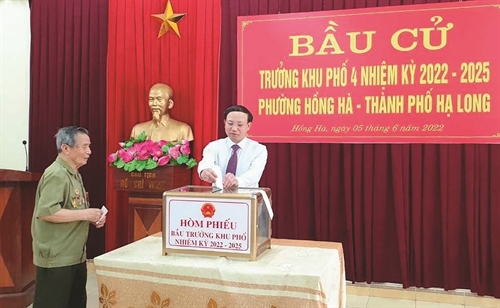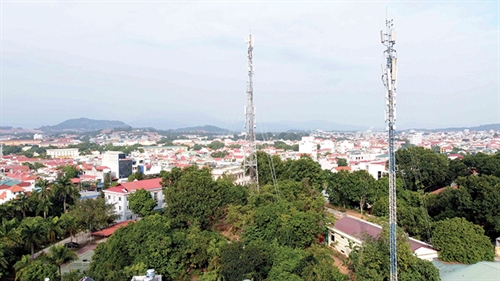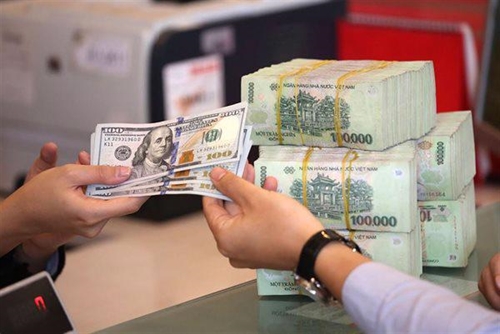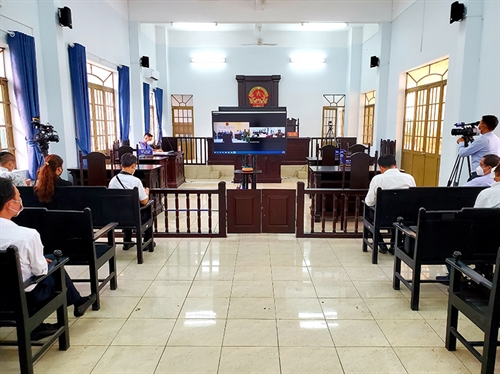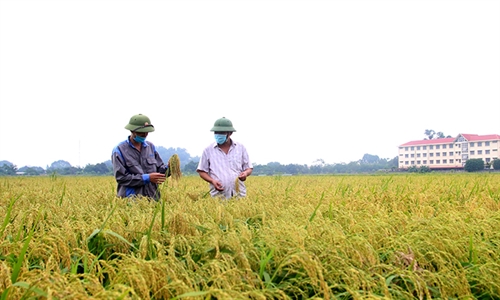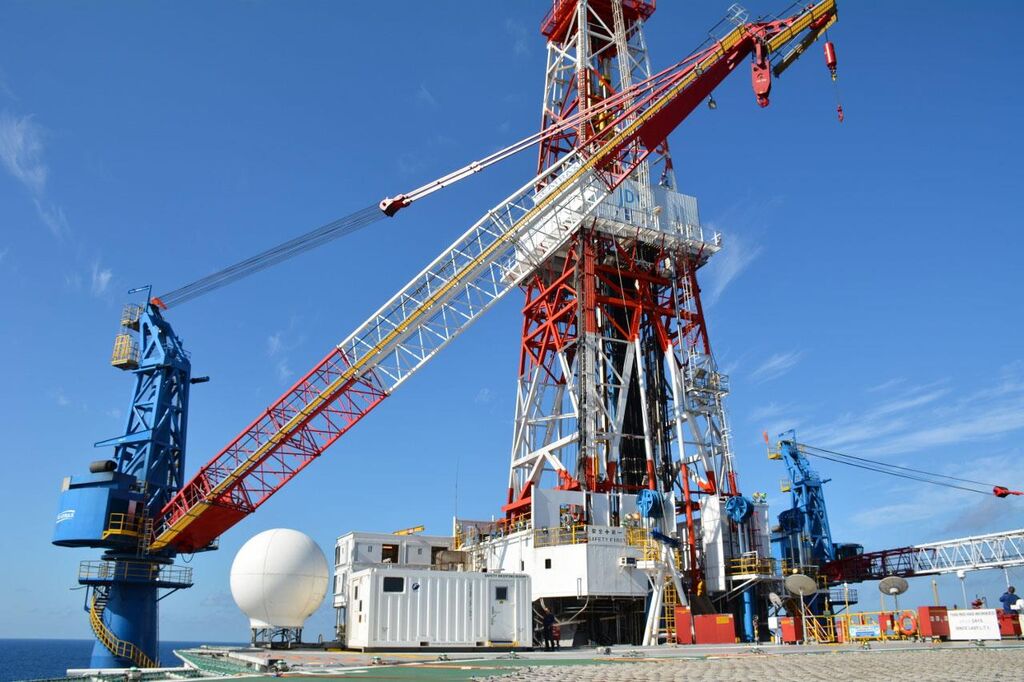 |
| The Law creates a legal pathway for basic oil and gas investigation and oil and gas activities__Photo: VNA |
The 2022 Law on Oil and Gas (the Law) aims to guarantee a more convenient and flexible legal framework for promotion of the development of the oil and gas industry in conformity with international practices as well as the country’s realities.
Taking effect from July 1 this year, the 69-article Law provides for basic oil and gas investigation and oil and gas activities within the mainland, islands and seas of Vietnam. It applies to Vietnamese and foreign agencies, organizations and individuals involved in basic oil and gas investigation and oil and gas activities.
Having inherited the 1993 Law on Oil and Gas and referred to the oil and gas laws of many countries, the Law regulates only upstream oil and gas activities which are closely linked with the fields of national defense and security and foreign affairs, and particularly national sovereignty over seas and islands, for offshore oil and gas projects. Midstream and downstream oil and gas activities must comply with the Law on Enterprises, Law on Investment, Law on Construction, Law on Environmental Protection and other relevant laws.
The Law creates a legal pathway for basic oil and gas investigation and oil and gas activities and provides mechanisms and policies to attract investment resources from all economic sectors as well as domestic and foreign financial institutions. It promotes decentralization of powers, assignment of functions and tasks, reduction of focal points in state management activities and simplification of investment procedures. The Law also aims to handle existing inadequacies and anticipate possible problems in order to set appropriate regulations, ensuring adherence to the principles of strict state management while creating a favorable investment environment for oil and gas activities.
Novel provisions of the Law
The Law has new policies and provisions as compared to its 1993 predecessor with revisions made in 2000, 2008 and 2018.
Firstly, the Law adds the policies on basic oil and gas investigation (Articles 10 thru 14). It defines basic oil and gas investigation as initial investigation and survey aiming to evaluate oil and gas potentials and prospects for use as the basis for setting orientations for oil and gas prospecting activities.
The Law’s new provisions on rights and obligations of organizations conducting basic oil and gas investigation are expected to encourage organizations and individuals to participate in basic oil and gas investigation activities. These provisions are compatible with the Mineral Law’s provisions on basic geological investigation of minerals and the Law on Marine and Island Resources and Environment’s provisions on basic investigation of marine and island resources and environment.
Secondly, the Law improves the provisions on oil and gas contracts in a more convenient and flexible way for contractors. According to Article 31 of the Law, the maximum term of an oil and gas contract is 30 years, of which the oil and gas prospecting period must not exceed five years (instead of 25 years for oil contracts and 30 years for gas contracts under previous regulations). As for oil and gas blocks entitled to investment incentives or special investment incentives, contracts may be signed with a maximum term of 35 years, of which the oil and gas prospecting period must not exceed 10 years.
Thirdly, the provisions on the order of approving steps to carry out oil and gas activities and oil and gas projects are completed to ensure the consistency with the investment and construction laws and other relevant laws.
Fourthly, the Law supplements the provisions on oil and gas field development projects with comprehensive chains of onshore and offshore oil and gas structures and equipment as specified in Article 42, aiming to help raise the economic efficiency of these projects.
Fifthly, the Law shapes special investment incentive policies applicable to oil and gas blocks and fields through oil and gas contracts in order to attract more investment in oil and gas activities. Specifically, oil and gas contracts for oil and gas blocks and fields eligible for special investment incentives will be entitled to the corporate income tax rate of 25 percent, the crude oil export duty of 5 percent, and the cost recovery rate of up to 80 percent of the yearly oil and gas production output.
Sixthly, policies on exploitation of natural resources applicable to oil and gas fields, field clusters and blocks under enhanced oil recovery introduced in Articles 41 and 55 of the Law are expected to create a breakthrough mechanism for earning revenues for the state budget.
Seventhly, the provisions on accounting, auditing and account-finalization for oil and gas activities are supplemented to suit the characteristics of oil and gas activities and international oil and gas industry practices.
Eighthly, the Law decentralizes the Ministry of Industry and Trade and the Vietnam Oil and Gas Group to approve steps of carrying out oil and gas activities, and the Members’ Council of the Vietnam Oil and Gas Group to approve the use of capital of the Group and enterprises wholly owned by the Group in oil and gas activities in conformity with the Government's policy on strengthening decentralization and delegation of powers accompanied by increased inspection and supervision.
Ninthly, the Law clearly defines the functions, rights and obligations of the Vietnam Oil and Gas Group with two main roles, namely performing the tasks assigned by the Government and participating in oil and gas contracts as contractors.
Lastly, the Law adds the policy to allow third parties to access available infrastructure facilities of the oil and gas industry. It also specifies the obligation to share available oil and gas facilities and infrastructure for optimal and efficient use thereof, avoiding waste in investment.- (VLLF)
Cao Thi Mai Phuong


